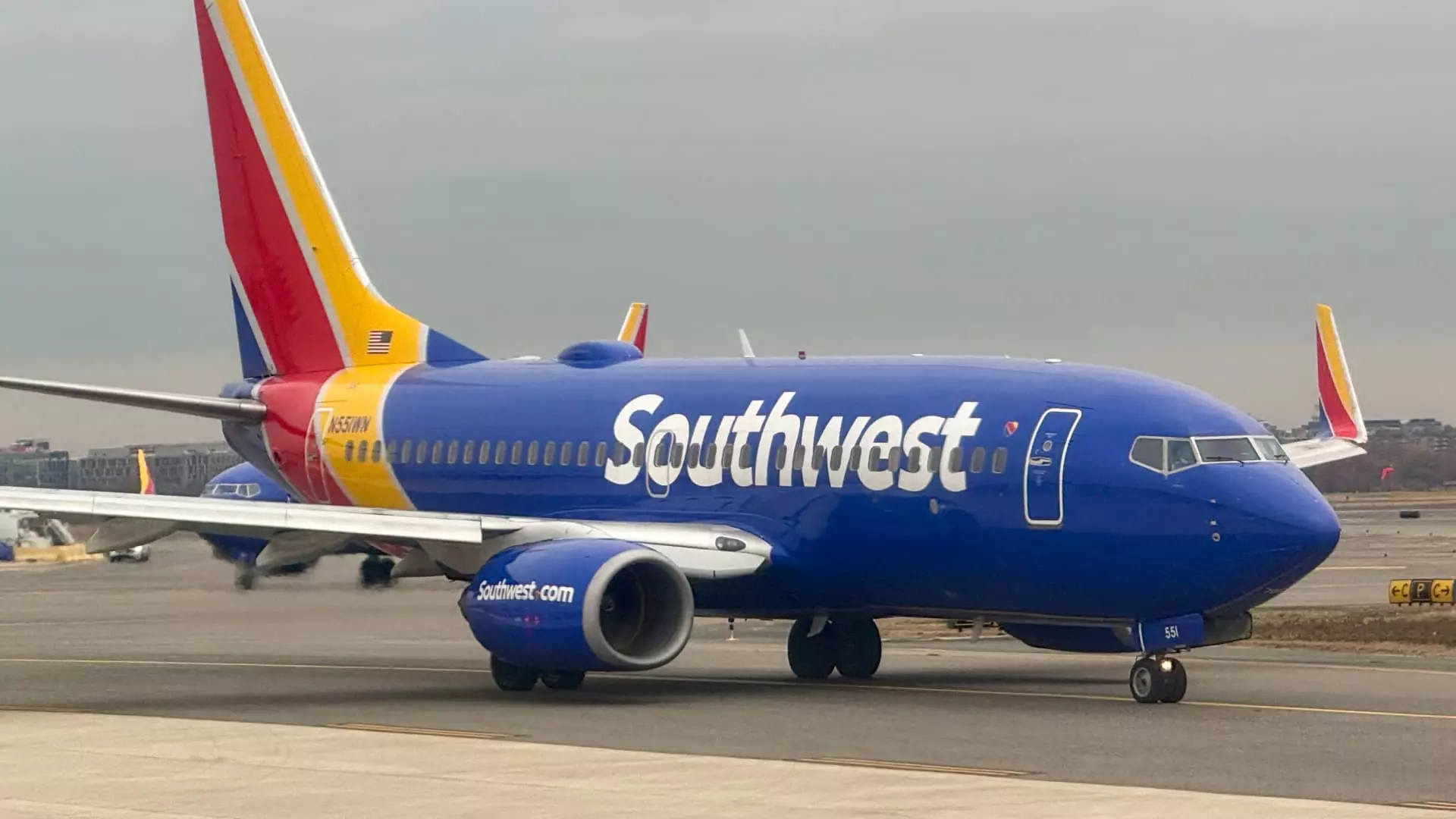In a significant move to streamline operations and restore financial health, Southwest Airlines has announced a series of cost-cutting strategies as detailed by CEO Bob Jordan in a recent communication to employees. This decision marks a noteworthy shift in the airline’s approach, particularly as it relates to corporate hiring, promotions, and team-building initiatives that have been ingrained in the company culture since the 1980s. Acknowledging the challenges ahead, Jordan emphasized, “Every single dollar matters as we continue to fight to return to excellent financial performance.” The airline’s tightening of its budget signals that it is taking concrete steps to mitigate the financial pressures it faces in a competitive market.
Central to Southwest’s changes is the suspension of traditional employee rallies—beloved events that have fostered company culture for nearly four decades. These gatherings, meant for sharing corporate goals and celebrating successes with food and entertainment, are now on hold as the company reassesses its engagement strategies amidst its financial recovery efforts. This pause in team-building events raises questions about employee morale and retention, especially in an industry where strong internal culture can significantly influence customer service and operational efficiency.
The airline industry is notoriously volatile, and Southwest is not immune to external pressures such as competition from other major carriers. Following a challenging year during which the airline faced scrutiny from activist investors, including Elliott Investment Management, the need for adaptability has never been more crucial. The settlement with Elliott, which resulted in the addition of five board members while keeping Jordan at the helm, underscores Southwest’s focus on governance and operational improvements. These developments highlight the ongoing struggle for market relevance in an era where customer expectations continue to rise.
In pursuit of enhanced profitability, Southwest has initiated a transformative business strategy that abandons its long-standing open seating model in favor of assigned seating, aimed at improving customer satisfaction. The introduction of extra-legroom seating and adjustments to flight schedules demonstrate a commitment to evolving with consumer preferences. However, these decisions come with the unavoidable need to assess profitability across routes, as evidenced by recent flight reductions from Atlanta that resulted in job losses but allowed staff to explore new opportunities within the organization.
As Southwest prepares to report its fourth-quarter financial results, the company’s stock performance reflects a cautious optimism, having risen 14% in the past year, far lagging behind competitors like United Airlines, whose stocks surged over 160%. This discrepancy starkly illustrates the challenge that lies ahead for Southwest as it strives to reclaim its position among top performers in the airline industry. While there are signs of progress, the company must maintain focus and agility in its strategic decision-making to avert complacency and continuously drive towards long-term sustainability and growth.
Southwest Airlines’ current financial strategies and operational changes are indicative of a broader industry trend where traditional practices are revisited in pursuit of sustainability and profitability. The coming months will be crucial for the airline as it navigates this challenging landscape.


Leave a Reply